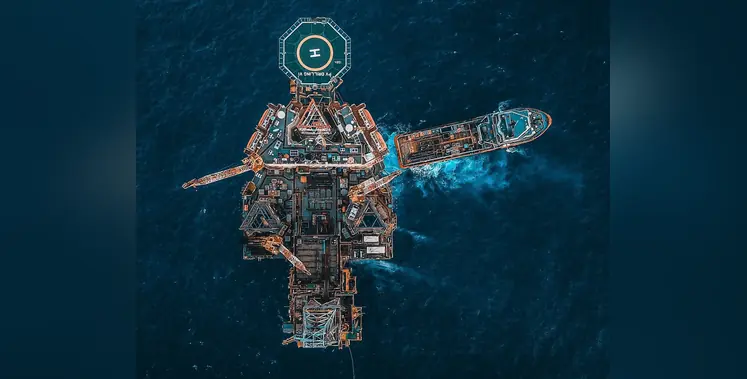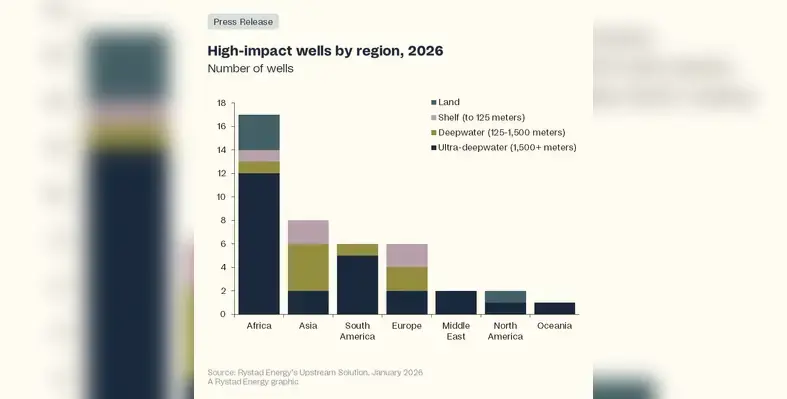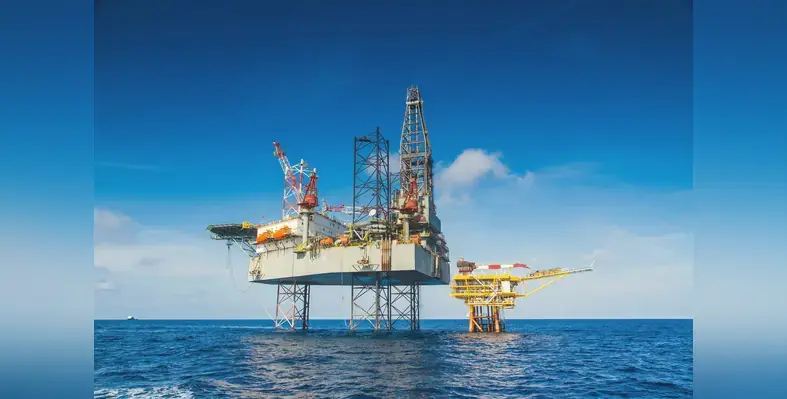In terms with an agreement in place, Panoro Energy has acquired 40.375% non-operating working interest in the Ceiba Field and Okume Complex production assets offshore Equatorial Guinea
Alongside future contingent payments that add up to US$39.5mn, the transaction is worth US$180mn.
This will give Panoro ownership of interests in Block G, with contingent payments of US$12.5mn linked to production performance at the Ceiba field and US$9mn payable in each of 2027, 2028 and 2029, subject to price and production volatilities.
The transaction enhances liquidity from monetising non-core assets and accelerates debt reduction for Kosmos. Proceeds will be used to reduce borrowings outstanding under the reserves-based lending (RBL) credit facility.
Put in place during January, the transaction process will be through mid-year. It has been approved by the Government of Equatorial Guinea, and completion only remains subject to CEMAC customary approval. Over the two-year period post completion of the transaction, Kosmos expects to realise approximately US$100mn in total savings across capital expenditures and general and administrative expenses.
Andrew G Inglis, Kosmos Energy’s chairman and chief executive officer said, “This transaction reflects our continued focus on capital discipline and balance sheet resilience. The high-grading of the portfolio by accelerating the monetisation of later-life, non-operated production assets enables Kosmos to focus our capital and expertise on our world-class assets where we can add the most value for our stakeholders over the long-term. The proceeds from the transaction enhance liquidity and accelerate debt reduction, while the contingent payments ensure we retain exposure to future upside.”













